In a remarkable turn of events, an Indian couple secured their Schengen visa for an Austria trip in just four days, a feat that has captivated the attention of travelers navigating the often daunting European visa process. Shared on platforms like X, their story highlights the potential for efficiency in Austria’s visa system, despite the challenges many face. This article explores the intricacies of the Schengen visa process, the personal experiences of Indian immigrants and travelers, the hurdles of cultural adaptation in Austria, and practical tips for success, blending real-life stories with actionable guidance for aspiring visitors.
The Schengen Visa: A Gateway to Europe
The Schengen visa, a coveted permit for non-EU nationals, allows short stays of up to 90 days within a 180-day period across 29 European countries, including Austria, Germany, France, and Italy. For Indian citizens, who submitted 1.1 million Schengen visa applications in 2024, the process is both a dream and a challenge. With a rejection rate of 15%, meticulous preparation is key. The Indian couple’s swift approval, processed through VFS Global in New Delhi, underscores the importance of a robust application. Their success, attributed to a valid US visa and comprehensive documentation, offers a blueprint for others.
(Austria, known for its cultural heritage and Alpine landscapes, is a prime destination for Indian tourists. The couple, whose identities remain private, planned a 10-day itinerary centered in Vienna, with visits to Salzburg and Hallstatt. Their application, submitted in August 2025, was approved in a record four working days, far below the typical 15-45 day processing window. This anomaly, celebrated on Reddit, has sparked hope among Indian travelers, many of whom face delays or rejections due to incomplete paperwork or insufficient proof of funds.
(Step-by-Step Guide to Securing a Schengen Visa
Navigating the Schengen visa process requires precision and foresight. Here’s a detailed breakdown of the steps, inspired by the Indian couple’s success:
1. Identify Your Main Destination: Apply through the consulate of the country where you’ll spend the most time. For the couple, Austria was the primary destination, so they applied via the Austrian embassy through VFS Global. If visiting multiple countries for equal durations, choose the country of first entry.
(2. Gather Required Documents: Essential documents include a valid passport (issued within the last 10 years, with at least three months’ validity beyond your departure and two blank pages), a completed visa application form, two recent passport-sized photos (35mm x 45mm, white background), travel insurance with €30,000 coverage, proof of accommodation (hotel bookings or invitation letters), a detailed travel itinerary, and proof of financial means (bank statements showing €50-100 per day). The couple included a company-sponsored bank certificate and a No-Objection Certificate (NOC) from their employer, bolstering their application.
(3. Book an Appointment: Appointments are mandatory and can be booked through VFS Global’s website. Slots fill up quickly, especially during peak seasons like summer. The couple booked their appointment six weeks in advance, a strategy that ensured availability.
(4. Submit Biometrics: Since 2015, all Schengen visa applicants in India must provide fingerprints and a digital photo, valid for five years. The couple, having previously submitted biometrics, streamlined their process. Personal appearance is mandatory, as mail applications are not accepted.
(5. Pay Fees: The standard Schengen visa fee for adults is €90, with an additional ₹1,850 VFS service charge. Fees are non-refundable, even if the application is rejected.
(6. Track Your Application: Use VFS Global’s online portal to monitor your application status by entering your reference number and last name. The couple checked their status daily, receiving confirmation on day four.
(“We were stunned when we got the approval so quickly,” the couple shared on Reddit. “We had all our documents in order, and the US visa probably helped, but four days felt like a miracle!”(
Challenges in the Visa Process
While the couple’s experience was a triumph, many Indian applicants face significant hurdles. In 2024, 165,266 Schengen visa applications from India were rejected, often due to missing documents, insufficient funds, or unclear travel purposes. A Mumbai-based family, for instance, was denied an Austrian visa despite a 40-country travel history, citing “missing personal bank statements” and lack of employment letters. Their rejection, which cost them ₹1 lakh in non-refunded bookings, highlights the system’s unpredictability.
(Lack of transparency is a common grievance. Applicants often receive vague rejection reasons, such as “insufficient reason for trip” or “lack of internal transportation proof,” as seen in a Kolkata traveler’s case. This individual, planning a multi-country trip with Austria as the main destination, was rejected but successfully appealed by submitting train tickets.
(Another challenge is the financial proof requirement. Applicants must demonstrate sufficient funds, typically €50-100 per day, through bank statements or sponsorship letters. For self-employed or unemployed applicants, like the Mumbai family’s wife, proving financial stability can be tricky. The couple’s success was partly due to their clear financial documentation, including a company-sponsored bank certificate showing ₹3 crore.
(Appointment availability also poses issues. During peak seasons, slots at VFS centers in Delhi, Mumbai, and Chennai can be booked weeks in advance. Applicants in smaller cities may need to travel to major hubs, adding costs. The couple’s proactive booking in Delhi mitigated this hurdle.
(Overcoming Common Obstacles
To navigate these challenges, consider the following tips:
Double-Check Documents: Ensure all paperwork is complete and certified. Bank statements must be stamped by the bank, and online statements are often rejected. Include a cover letter detailing your itinerary and purpose, as the couple did.
(Plan Refundable Bookings: To avoid financial losses, book refundable flights and hotels. The Mumbai family’s non-refunded bookings underscore this need.
(Appeal Rejections Promptly: If rejected, appeal within the timeline specified in the refusal letter, typically 30 days. Provide additional documents, like the Kolkata traveler’s train tickets, to address concerns.
(Seek Professional Help: Agencies like Akbar Travels or Blinkvisa can assist with document preparation and appointment booking, though they charge extra fees. The couple handled their application independently, saving costs.
(Success Stories: Indian Travelers in Austria
The Indian couple’s story is one of many showcasing the rewards of persistence. Another success is Priya, a 32-year-old software engineer from Bengaluru, who secured a multiple-entry Schengen visa in 2024 for business and tourism. Her trip included meetings in Vienna and a weekend in Innsbruck, where she marveled at the Alps. “Austria felt like a dream,” she says. “The visa process was stressful, but seeing Schönbrunn Palace made it worth it.” Priya’s application succeeded due to her employer’s support letter and a detailed itinerary, reinforcing the value of preparation.
(Similarly, Rohan, a 28-year-old student from Hyderabad, obtained a national visa (Type D) to study at the University of Vienna. His six-month journey involved mastering German and adapting to Austrian academic culture. “The bureaucracy was tough, but the university’s support and my persistence paid off,” he shares. Rohan’s story highlights the potential for long-term stays, requiring additional documents like enrollment letters and proof of funds.
(“Austria’s beauty is unmatched, but the real reward is feeling like you belong,” Priya says. “I learned to embrace the culture while staying true to my roots.”
Cultural Integration: Embracing Austria as an Indian
For Indian travelers and immigrants, adapting to Austrian culture is both exciting and challenging. Austria’s formal, punctual society contrasts with India’s vibrant, flexible ethos. The couple, who spent 10 days in Austria, noted the emphasis on punctuality and orderliness. “Trains run like clockwork, and people expect you to be on time,” they posted on Reddit. This cultural shift requires adjustment, especially for first-time visitors.
(Language Barriers: German is Austria’s official language, and while English is common in tourist areas, basic German phrases enhance integration. Enrolling in free courses at organizations like Caritas or the Vienna Expat Center can help. Rohan, the student, took A1-level German classes before arriving, easing his transition.
(Social Norms: Austrians value privacy and direct communication. Public displays of affection or loud conversations may draw attention. The couple learned to lower their voices in cafes, respecting local norms. Joining community groups, like Indian cultural associations in Vienna, can bridge cultural gaps.
(Food and Lifestyle: Austria’s cuisine, featuring schnitzel and strudel, differs from Indian flavors. Many Indian restaurants in Vienna, like Taj or Namaste, cater to dietary preferences. The couple enjoyed exploring local markets but relied on Indian eateries for comfort food. Bringing spices or shopping at ethnic stores can ease culinary adjustments.
(Practical Tips for Cultural Adaptation
Learn Basic German: Phrases like “Guten Tag” (Good day) or “Danke” (Thank you) go a long way. Apps like Duolingo or local courses accelerate learning.
Respect Local Customs: Adhere to recycling rules and quiet hours (typically 10 PM to 6 AM). Austrians take these seriously, and compliance fosters goodwill.
Connect with Communities: Join expat groups or attend cultural events, like Vienna’s Diwali celebrations, to meet fellow Indians and locals.
Embrace the Outdoors: Austrians love hiking and skiing. The couple’s visit to Hallstatt included a lakefront walk, connecting them with local traditions.
Legal Insights and Policy Updates
Austria’s immigration policies, governed by the EU Visa Code and Aliens’ Police Act, prioritize security and integration. The Schengen visa (Type C) is for short stays, while the national visa (Type D) or residence permits cover longer periods. In 2024, Austria processed 278,000 Schengen tourist visa applications, with a 12% rejection rate, often due to incomplete documentation.
(Recent updates include stricter financial proof requirements and increased scrutiny of travel itineraries. The couple’s success was partly due to their clear itinerary and proof of €100 per day. Austria’s participation in the Schengen Agreement allows visa holders to travel across 29 countries, but border checks may require additional documents, like hotel bookings or return tickets.
(For long-term stays, the Red-White-Red Card targets skilled workers, requiring proof of employment and accommodation. Indian IT professionals, like Priya, benefit from Austria’s demand for tech talent. However, policies are tightening, with Austria deporting two Somali men in 2025, signaling a stricter stance on irregular migration.
(Legal Guidance for Applicants
Verify Document Authenticity: Ensure passports and bank statements are valid. Falsified documents lead to immediate rejection and potential bans.
(Purchase Travel Insurance: A policy covering €30,000 for medical emergencies is mandatory. Providers like Tata AIG or Acko offer Schengen-compliant plans.
(Understand Rejection Appeals: If denied, appeal within 30 days with additional evidence. The Kolkata traveler’s success shows persistence pays off.
(Consult Legal Experts: Organizations like the Vienna Expat Center or Caritas provide free consultations for visa issues.
(Looking Ahead: Opportunities and Challenges
The Indian couple’s four-day visa approval is a beacon of hope, but it also underscores the need for preparation. Austria’s high living standards, cultural richness, and job opportunities in IT and healthcare attract Indian travelers and immigrants. In 2023, bilateral trade between India and Austria reached €2.7 billion, with Indian professionals contributing to sectors like renewable energy.
(Yet, challenges persist. The 15% rejection rate for Indian Schengen applicants reflects systemic issues, including perceived immigration risks. Stories like the Mumbai family’s highlight the emotional and financial toll of rejections. Online discussions on X reveal frustration with opaque processes, with users calling for better communication from embassies.
(For future applicants, the couple’s story offers inspiration. Their meticulous documentation, early appointment, and clear itinerary set a standard. As Austria continues to balance tourism with immigration control, Indian travelers must navigate the system with diligence and optimism. Whether chasing Vienna’s opera houses or Salzburg’s mountains, the Schengen visa is the key to unlocking Austria’s wonders.

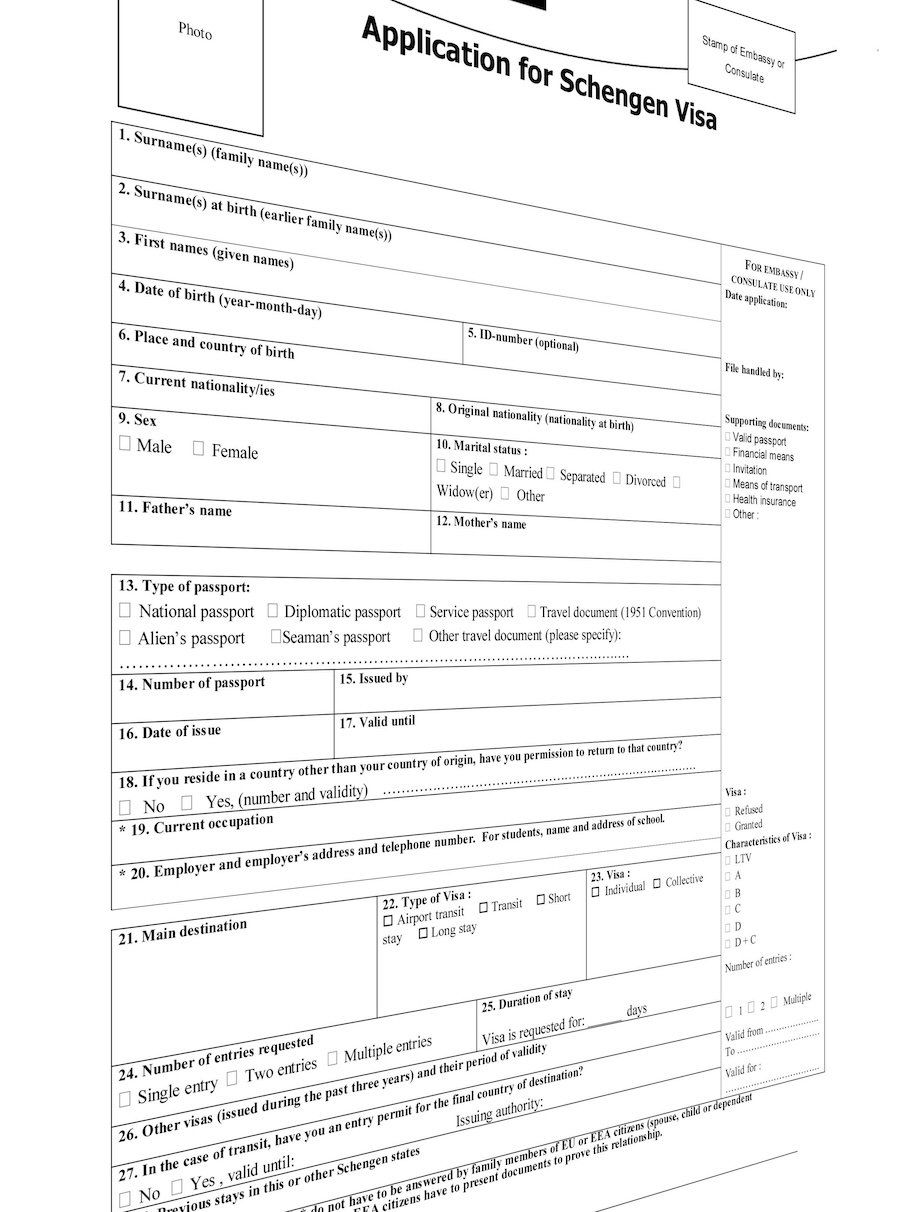

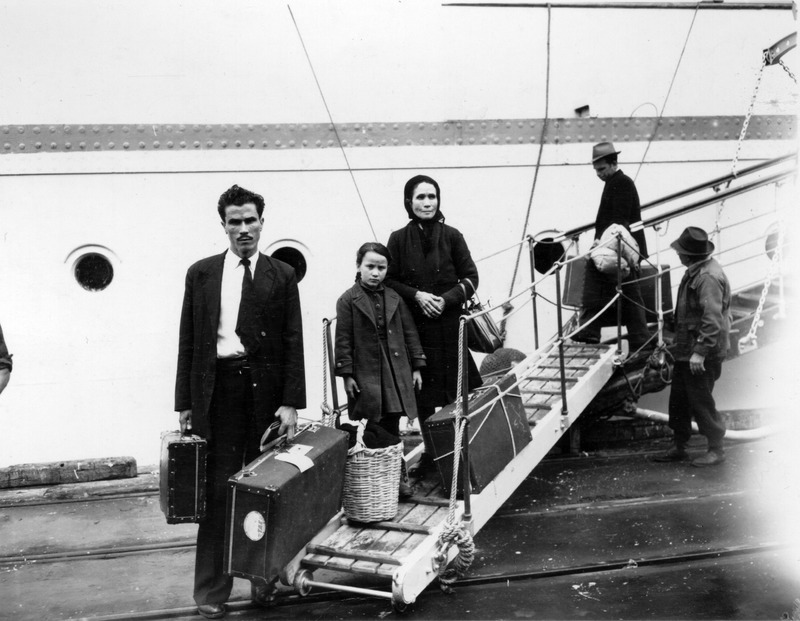









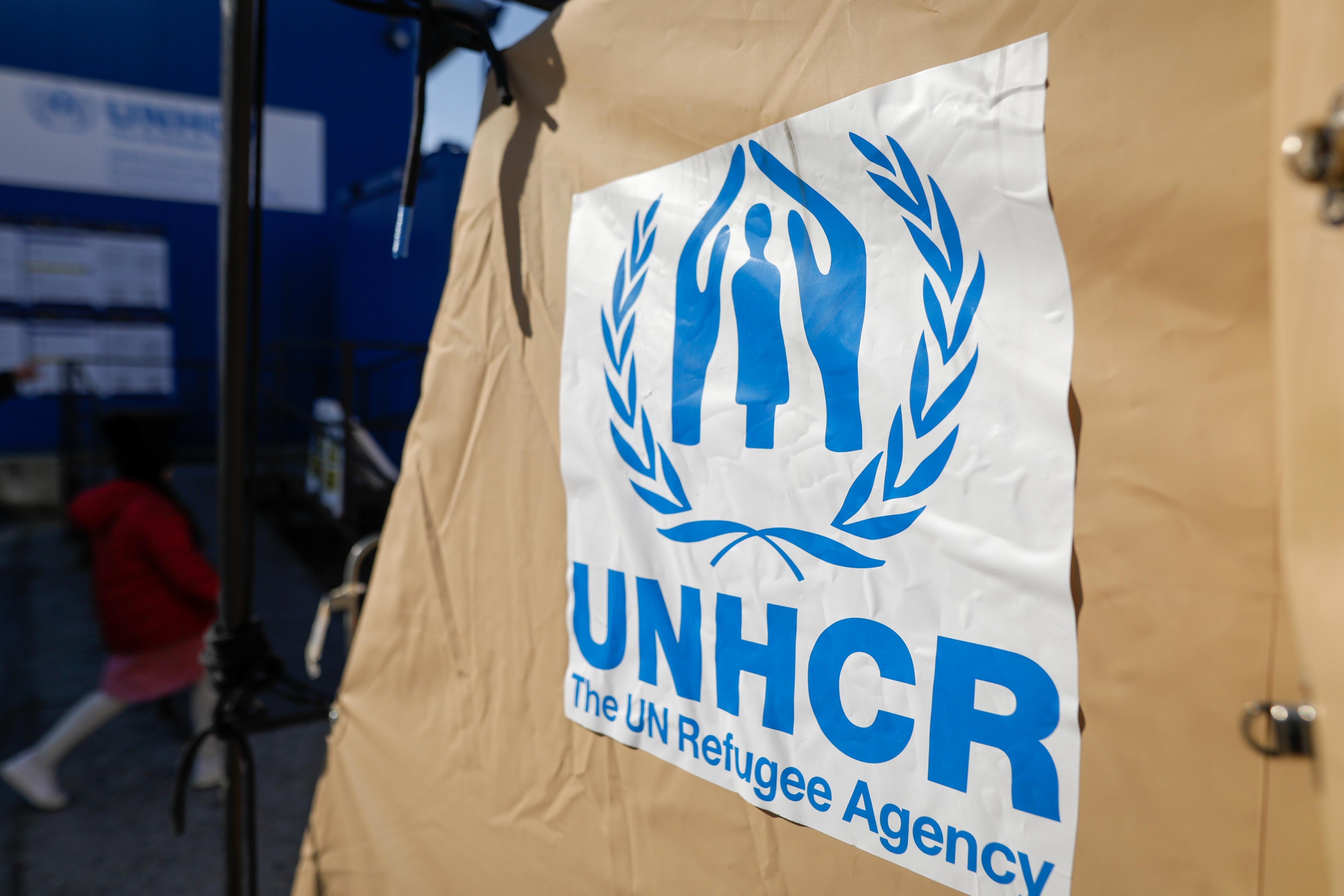

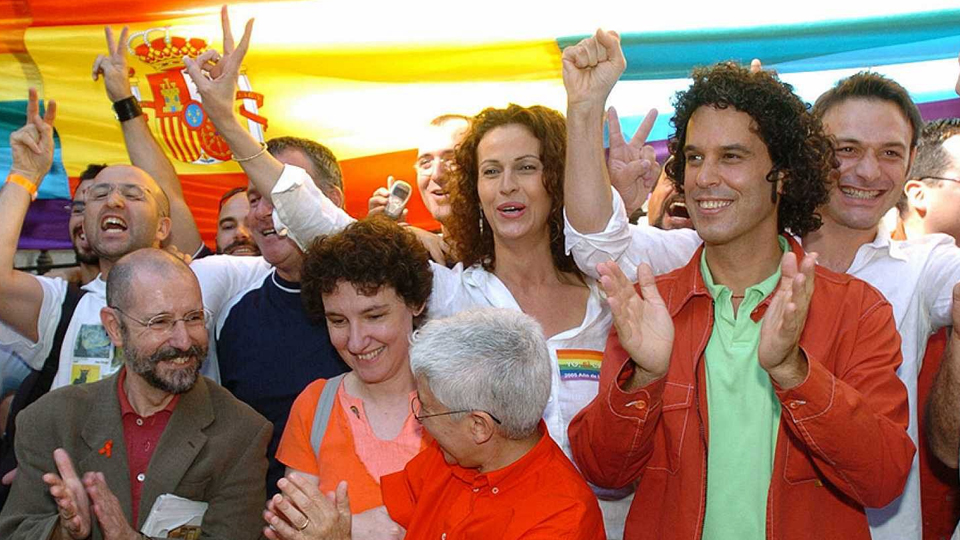
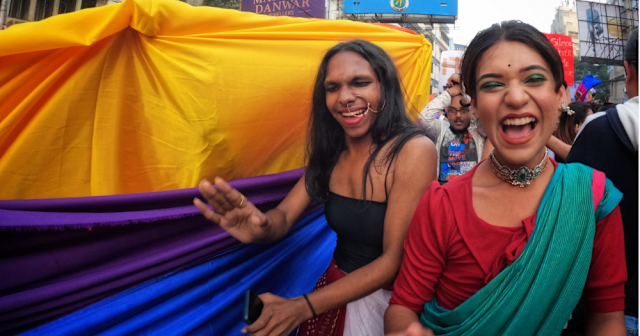


0 Comments